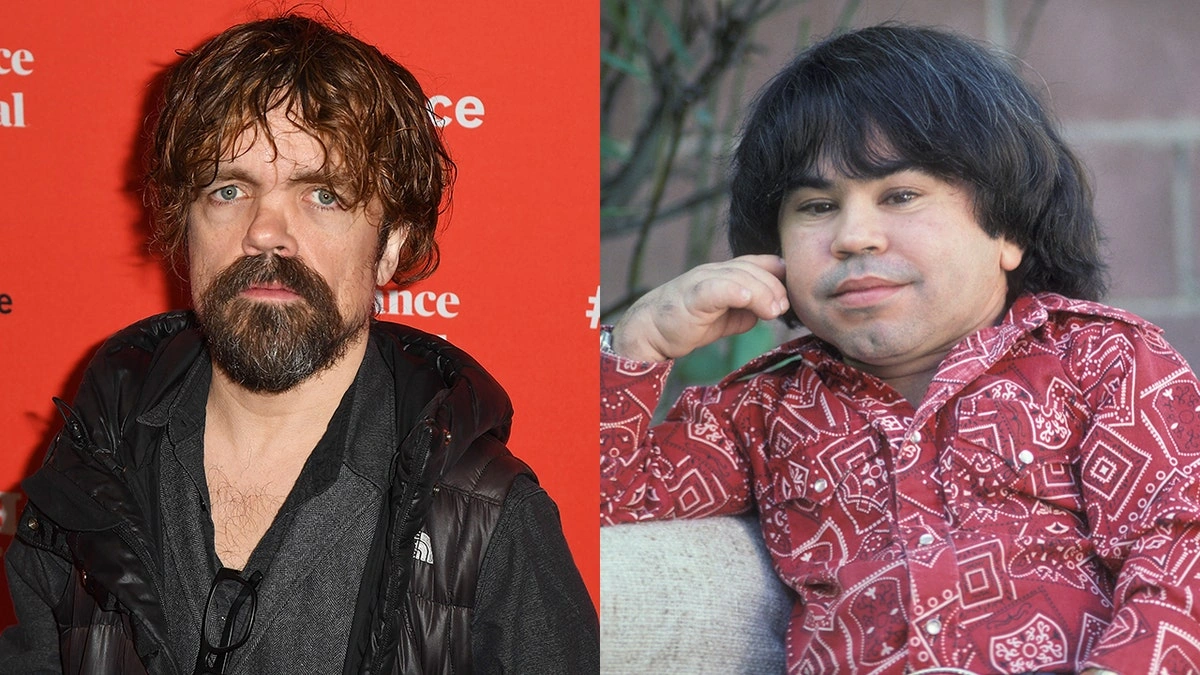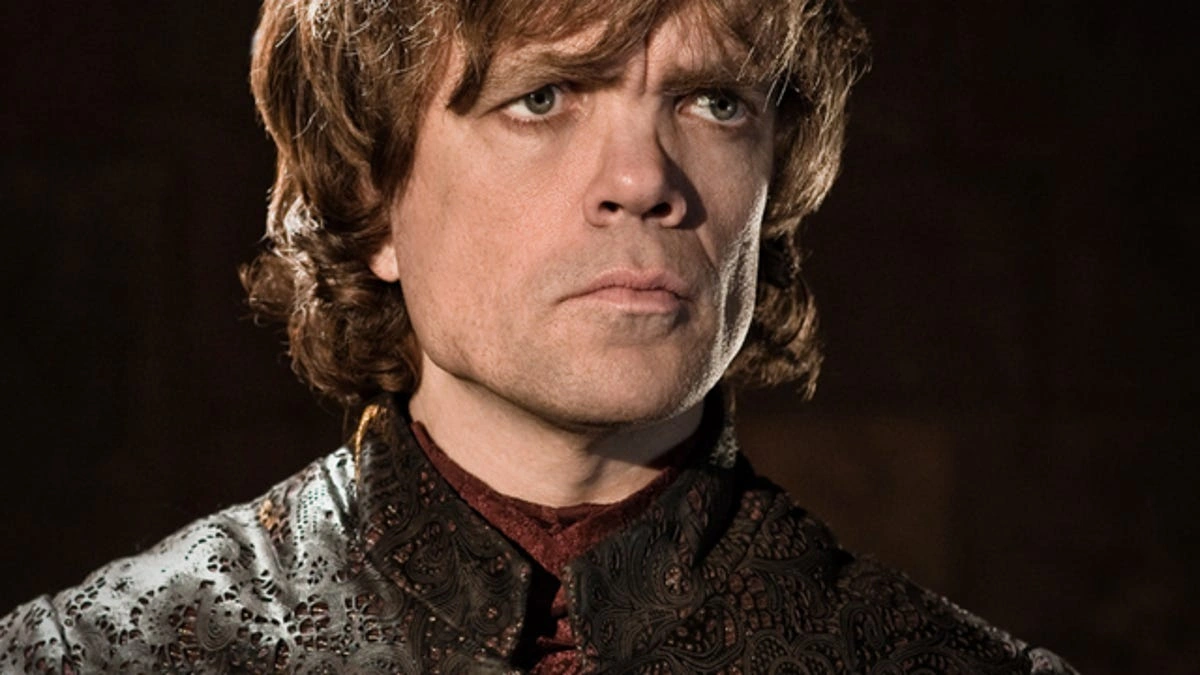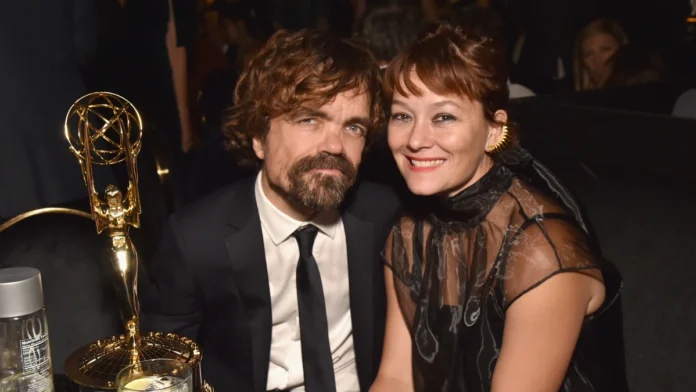Let’s be honest for a second. When you think of Peter Dinklage , one image probably flashes into your mind: a glass of wine, a sharp tongue, and the weary but brilliant eyes of Tyrion Lannister. For eight seasons, he wasn’t just a character on Game of Thrones ; he was the gravitational center of the entire show. The wit. The soul. The only one who seemed to know what was really going on in Westeros.
But here’s a detail that fascinates me. He almost turned the role down.
Instantly, he saw the word “fantasy” and pictured everything he’d spent his career fighting against: the long beard, the pointy shoes, the one-note joke. Another elf. Another leprechaun. Another character whose entire existence was defined by his height. It took a long conversation with the showrunners, David Benioff and D.B. Weiss, to convince him that Tyrion was something… different. That he was a human being. Flawed, complex, romantic, and cynical. His dwarfism was a part of his story, but it wasn’t the whole story.
And in that moment of hesitation and his eventual decision to say yes lies the entire reason Peter Dinklage matters so profoundly. It’s not just about his talent, which is immense. It’s about why he wields that talent. He didn’t just take a role; he took a stand that would quietly rewrite the rules for what a leading man could look like in modern Hollywood.
The “No Elves, No Leprechauns” Rule That Defined a Career

Before Westeros, there was New York. A struggling actor in the 90s, Dinklage was caught in a frustrating loop. The talent was there, the training was there, but the roles offered were almost always insulting. He was offered parts in commercials as a magical elf or a lucky leprechaun, roles that were less about character and more about a cheap sight gag.
So, he made a rule. A simple, career-defining rule: No elves, no leprechauns.
It sounds straightforward, but think about the guts that takes. When you’re trying to pay rent, turning down any work, let alone the work people are actively offering you, is an act of defiance. It was a declaration that he saw himself as an actor first, and he demanded that the industry do the same. He was drawing a line in the sand against the very Hollywood stereotypes that had confined actors with dwarfism for decades.
And then came The Station Agent in 2003. This wasn’t just a role; it was the proof of his entire philosophy. He played Finbar McBride, a man who just wants to be left alone to pursue his passion for trains. The character’s isolation and longing for connection are universal human themes. His height is relevant to how people initially perceive him, sure, but the film’s heart is about friendship and loneliness. It was a quiet, beautiful film that screamed a very loud message: Peter Dinklage was a leading man . Period. He wasn’t a sidekick or a punchline. He was the protagonist.
How Game of Thrones Weaponized Wit Over Stereotypes

Fast forward to Game of Thrones . The reason Tyrion Lannister works so flawlessly is because the character is built on the very foundation Dinklage laid with his career choices. George R.R. Martin wrote a character who, like Dinklage himself, refused to be defined by his physical stature. Instead, Tyrion weaponizes his intellect.
Think about it. In a world of dragons, knights, and ice zombies, Tyrion’s greatest power was his mind. His sharp tongue was his sword. “I drink and I know things” wasn’t just a cool catchphrase for a t-shirt; it was his entire survival strategy. He was constantly underestimated, and he used that to his advantage time and time again.
What Dinklage brought to the role was a profound sense of melancholy and humanity. You could feel the weight of a lifetime of mockery and familial hatred behind his eyes. When he delivered a line like, “Never forget what you are, the rest of the world will not. Wear it like armor and it can never be used to hurt you,” it felt like it was coming from a place of deep, personal truth. He wasn’t just playing Tyrion Lannister ; he was inhabiting him with a lifetime of experience. This performance earned him four Emmy Awards, not for being a great “dwarf actor,” but for being one of the best actors on television, full stop.
Beyond the Iron Throne | Navigating the Post-GoT Landscape

So what happens after you play arguably the most iconic television character of the 21st century? That’s the new challenge. The risk is that you escape one box only to be put in another, forever known as “the guy who played Tyrion.”
But Dinklage’s choices have been deliberate and fascinating. He played the villain Bolivar Trask in X-Men: Days of Future Past , a role that had zero to do with his height. He lent his powerful voice to animation. And then he took his biggest and most romantic swing yet with Cyrano , a musical adaptation directed by his wife, the brilliant director and writer Erica Schmidt .
In Cyrano , the character’s insecurity isn’t about a large nose, as in the original play, but about his dwarfism. It was a meta-commentary on perception, love, and self-worth. It was a bold, vulnerable performance that put him front and center as a romantic lead something that would have been unthinkable in mainstream cinema twenty years ago. It’s a testament to how far he has pushed the conversation. The variety in hismoviesshows a deliberate effort to defy easy categorization.
What fascinates me, though, is the “Dinklage Dilemma.” He has become so singularly successful that he’s the automatic first choice for any complex role for an actor with dwarfism. The question is whether his massive success creates a slipstream for others to follow or if it makes him a unique category of one. He himself has grappled with this, famously criticizing Disney’s live-action Snow White remake for potentially reinforcing “backward” stereotypes about the seven dwarfs. It shows he’s not just focused on his own career; he’s still fighting that same battle he started in the 90s, but now on a global stage.
Frequently Asked Questions about Peter Dinklage
What is Peter Dinklage’s condition?
Peter Dinklage was born with achondroplasia , a common form of dwarfism. He has been a powerful, albeit reluctant, advocate for changing the public’s perception of the condition, emphasizing that it’s just a part of who he is, not his entire identity. You can learn more about the specifics ofachondroplasiafrom medical authorities.
Is Peter Dinklage married?
Yes, he is. He’s married to Erica Schmidt, a highly respected and talented theater director and writer. They have two children together and are known for being a very private couple, but they have collaborated professionally on several projects, most notably the stage and film versions of Cyrano .
How tall is Peter Dinklage?
His official height is listed as 4 feet 5 inches (135 cm). But as this entire article argues, the Peter Dinklage height question is probably the least interesting thing about him. His presence, talent, and impact on the industry are immeasurable.
What was his breakout role before Game of Thrones?
While he had been working for years, his true breakout role that put him on the map with critics and casting directors was The Station Agent (2003). The film won numerous awards and showed the world his incredible capacity as a leading actor.
Why did he criticize the ‘Snow White’ remake?
He expressed concern that while Disney was progressive in casting a Latina actress as Snow White, they were still telling a story about “seven dwarfs living in a cave.” He called the story “backward” and highlighted the hypocrisy of promoting one kind of diversity while potentially reinforcing another harmful stereotype. It was a classic Dinklage moment using his platform to challenge the industry to do better.
In the end, Peter Dinklage’s legacy won’t just be about the awards or the iconic characters. It’s about the doors he kicked down. He proved that an actor’s power isn’t measured in inches but in talent, intelligence, and the courage to say “no” to a world that wants to put you in a box. He didn’t just play a game-changer in Westeros; he became one in the real world. And Hollywood is infinitely more interesting because of it. Hiscareeris a masterclass in integrity.

